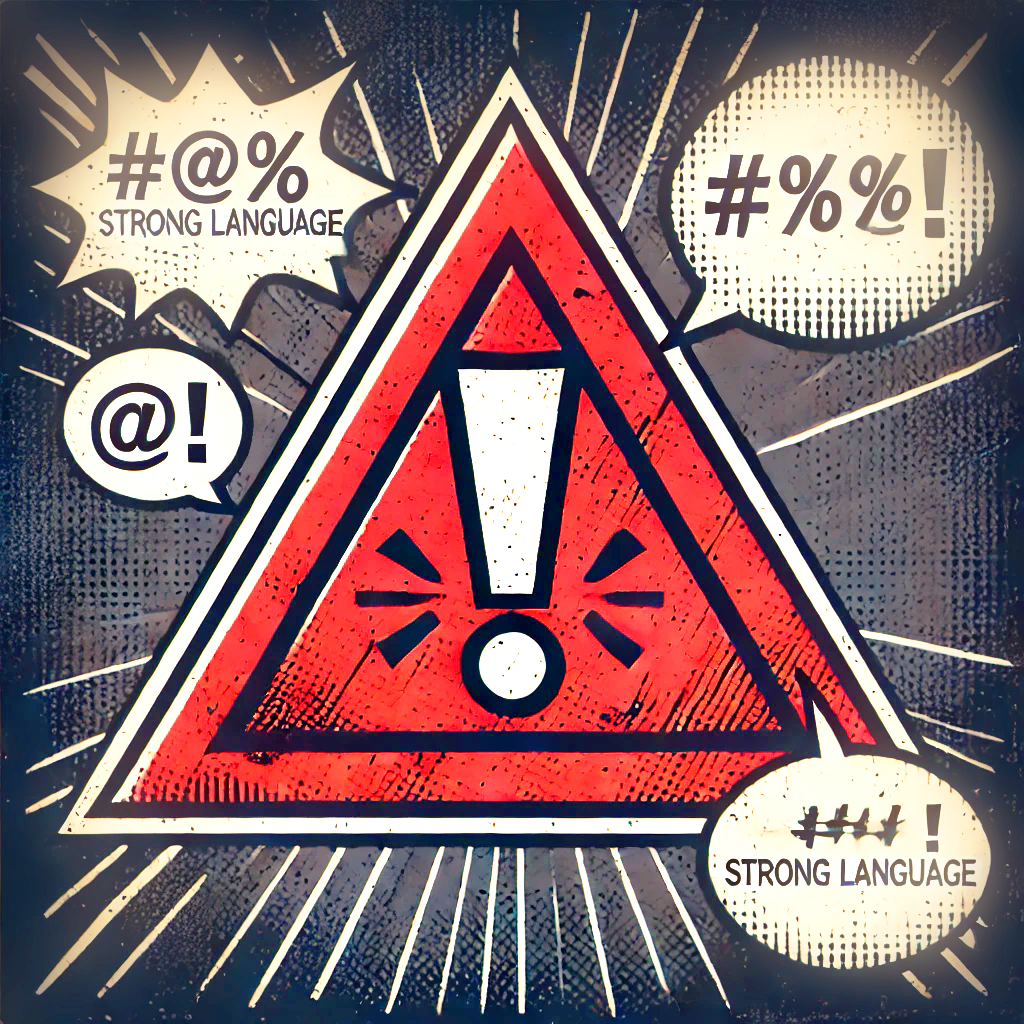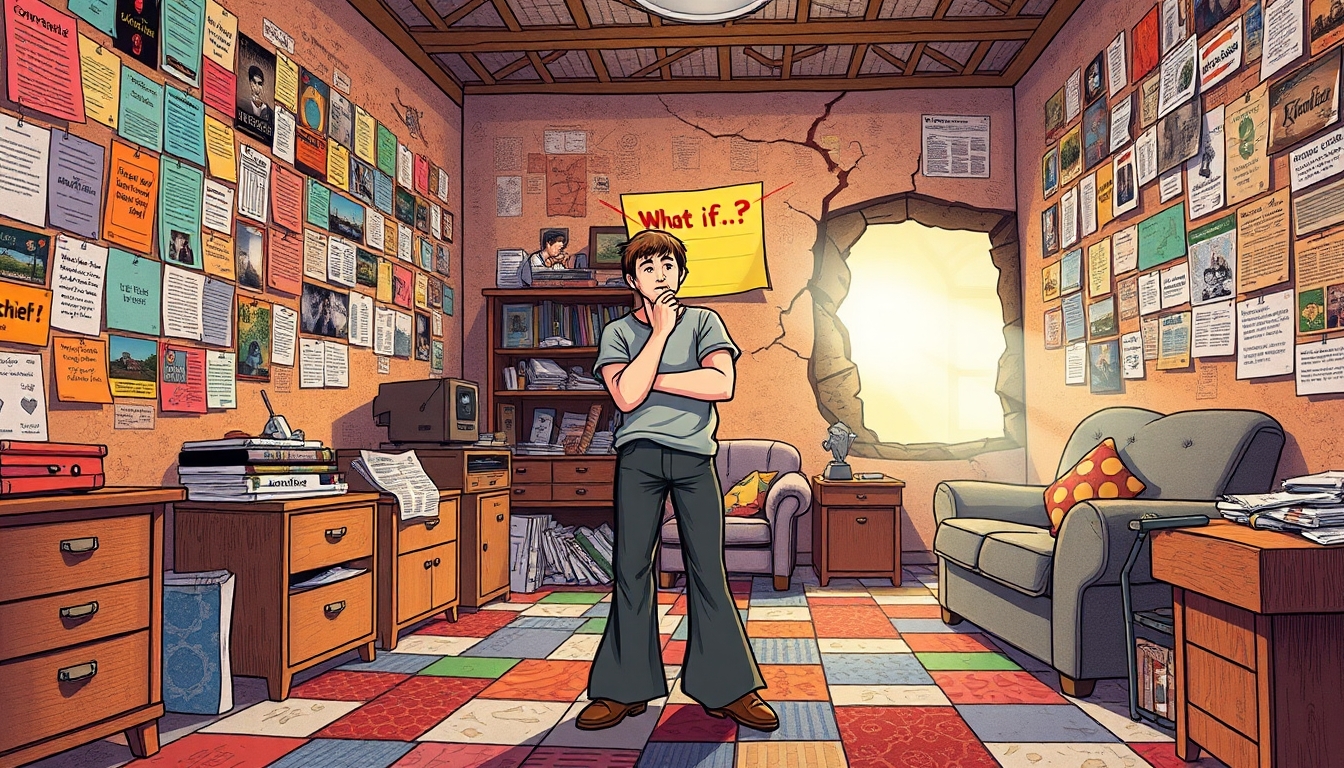Beliefs. Those cozy little nuggets of certainty that anchor us in the storm of modern life. They shape how we see the world, forming the foundation of our understanding. But what do you do when those trusty foundations start to crack? What happens when the mental scaffolding you’ve carefully built begins to sway?
We live in a time of nonstop change. Information flies around faster than a double-shot espresso kicks in, and what felt like truth yesterday can feel outdated by the time your morning coffee cools. It’s enough to make even the most grounded person feel off-balance. And this, my friends, is where the art of questioning comes into play.
Questioning Is Not a Crisis; It’s an Opportunity
Let’s clear one thing up: questioning your beliefs isn’t about launching a full-scale existential rebellion. It’s not about throwing everything out like a frantic spring cleaner tossing old clothes in a fit of decluttering mania. It’s more like gently testing the framework, asking yourself, Is this still true for me? Does this belief still fit the life I’m living now?
And it’s okay if some of the answers surprise you. A bit of wobble in your foundation doesn’t mean the whole house is about to collapse—it just means it’s time for a little renovation. Think of questioning as an essential part of growth. No one stays the same forever, so why should your beliefs?
Why Even Question?
“If it ain’t broke, don’t fix it,” some might say. But what if it is broken and you’re just used to the discomfort? Familiarity can trick us into thinking something still works, when really, it’s been on its last legs for a while. Here’s what you get when you start poking at your beliefs with curiosity:
- Personal Growth: Every time you challenge your beliefs, you carve out more room for new perspectives. It’s like redecorating a room—you shift things around, make space for what matters, and toss what doesn’t.
- Self-Awareness: Our beliefs are often like the air we breathe—taken for granted until something makes us stop and notice. Reflecting on them helps unlock hidden parts of yourself, making you more grounded and intentional.
- Stronger Relationships: Genuine connection happens when we drop the need to be right and start listening. Even when we disagree, questioning with respect helps us build bridges instead of barriers.
- A More Open World: When we understand that beliefs are shaped by experiences, we become more tolerant. The world is far more nuanced than any single viewpoint.
The Right Way to Question (Without Losing Your Marbles)
Questioning is like wielding a double-edged sword—you want to stay sharp, but not so sharp that you cut yourself. Balance is key, and here are a few ways to keep from slipping into either cynicism or blind acceptance:
- Start with Yourself: Take stock of your beliefs. Where did they come from? Are they inherited, adopted, or the result of personal experiences? Sometimes, just knowing their origin helps you see whether they still serve you.
- Stay Curious, Not Cynical: Curiosity is about wanting to learn; cynicism is about assuming you already know. When you meet new ideas, let them breathe a bit before deciding whether they’re worth keeping.
- Have Respectful Conversations: Engage with people whose beliefs differ from yours. Ask questions, not to win, but to understand. It’s a humbling experience to realize how much you can learn from perspectives you initially dismissed.
- Be Open to Change: Not every belief is a forever thing. Some are like seasonal clothes—useful for a time, but out of place in certain seasons of life. Be willing to update or release what no longer aligns with who you are.
The Weight of Stagnant Beliefs
Imagine lugging around a suitcase packed with outdated maps. Sure, they were useful once, but in a changing world, they just weigh you down. Clinging to outdated beliefs works the same way—it leaves little room for discovery. Growth isn’t about abandoning what matters; it’s about making room for what now matters.
And that, dear reader, is why questioning is an art. It’s the ability to hold beliefs lightly, to live with conviction while remaining open to the possibility that you might be wrong. It’s a dance between certainty and humility, a practice of curiosity tempered with wisdom.
This, my friends, is how we stay light on our feet in an ever-changing world. Not by clinging to certainty, but by learning to dance with the questions. Now, if you’ll excuse me, I think it’s time to put on some comfortable shoes. We’ve got some exploring to do.
Retired Anglican Minister & Resident Mythbuster. John shares unconventional views on theology, challenging traditional Christian beliefs and advocating for a return to the teachings of Jesus and the ideals of the early Church of Jerusalem. His thought-provoking perspectives often spark discussions and controversies.




Leave a Reply